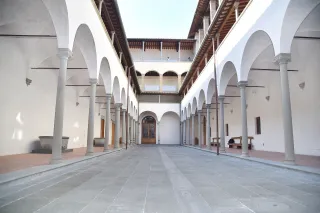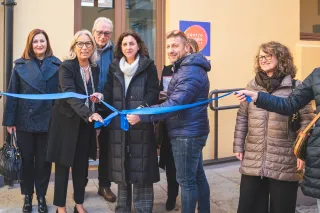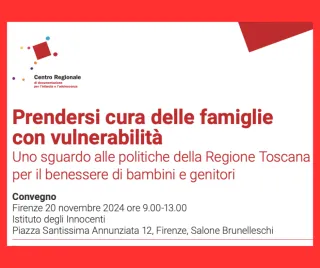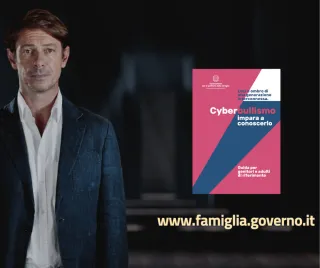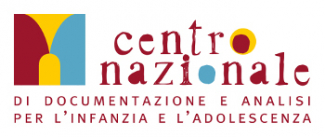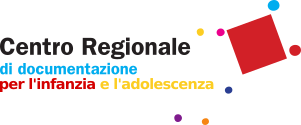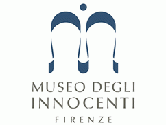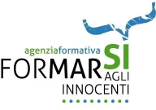The Poli Zerosei (0-6 Centres) National Forum shows the challenges of the future in Turin
18 April 2023
Area di attività
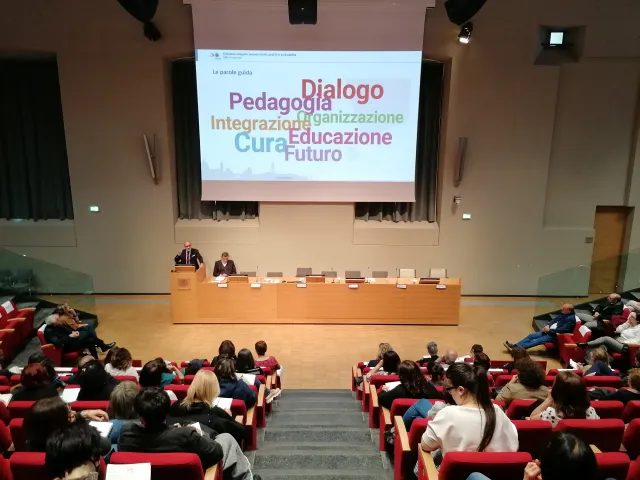
The challenge for the future is to be able to ensure coherence and project integration within the Zerosei education and training system, thus giving an advanced interpretation of what the 2017 reform introduced as a novelty. The challenge is also about resolving the problems related to uniform training of educators and teachers, integration of skills between central and peripheral levels, free care for the 0-3 segment.
It was this double track of good practices, already adopted by some centres, and food for thought for the future, that the National Forum on the Poli Zerosei discussed on 15 April in Turin.
The Regulatory Revolution for the Zerosei Integrated System
The so-called 'Good School' Law, i.e., Law no. 107 of 13 July 2015, and the subsequent Legislative Decree no. 65 of 13 April 2017, established a national integrated educational system from 0 to 6 years of age as the first building block of the individual educational pathway. This legislative update, which finally recognised the right of children to education from birth, is a very important innovation because it brings back together two educational pathways that until then had been moving on parallel tracks:
- Early childhood educational services, of which nurseries are the backbone
- Pre-schools.
The reform radically overcame the caring and custodial legacy that had characterised the identity of early childhood services over the years and, by placing Zerosei within the educational sphere, fully assigned it to the Ministry of Education.
The Role of the Istituto degli Innocenti, a Decade of Monitoring
The Istituto degli Innocenti, Italy's oldest public institution promoting and protecting children's rights, is still considered a unique and progressive organisation at national level.
In fact, the Institute inaugurated its Polo Zerosei with integrated educational services back in 2016, effectively anticipating the national reform. And not only that. Last year, the Istituto degli Innocenti published a volume giving an account of a ten-year survey conducted by the Institute itself and based on a sample of 50 Italian municipalities in which more than one fifth of children under the age of two (21%) live.
The volume, entitled 'Education Zerosei. Rights, Quality and Accessibility in the Integrated System’, contains general contributions, data analyses, reflections and ideas on possible strategies to strengthen and develop the provision of nurseries in Italy. The monitoring shows that the situation in Italy is still discriminatory with respect to children's access to services: while there are privi-leged areas such as Tuscany, which has already exceeded the 33% European target, in other regions, particularly those in southern Italy, access to services is still stuck at 10%. The volume also brings together the rich repertoire of experiences of the Italian municipalities involved in the monitoring.
From Trieste to Naples: the Seminars' Itinerary
The results of the monitoring were also the subject of reflection during travelling seminars held in a number of Italian cities. The reform has in fact promoted the development of Zerosei local coordination centres, investments in training for educators and teachers, and the establishment of experimentation and innovation units within the so-called Poli per l’Infanzia (Centres for Child-hood).
These three themes are the object of wide experimentation in many Italian centres and it is on these themes, with the results of the monitoring in the background, that the travelling seminars were held in cities such as Verona, Rome, Naples, Milan, Bologna, Trieste and Turin.
The National Forum in Turin, a Look into the Future
The National Forum on the Poli Zerosei, which took place on Saturday 15 April in Turin, is part of the itinerary that has involved many Italian cities over the past year and a half. The event gave an indepth account of a process that took place in Turin thanks to a series of workshops organised by the Istituto degli Innocenti.
Among the various topics discussed, the Turin City Council's focus on the Poli Zerosei and the commitment to adopt an integrated and continuous educational pathway took centre stage. The very important idea to have coherence and project integration across the entire Zerosei spectrum was explored during the National Forum.
Alongside this, however, there were also discussions on some unresolved issues that, six years after the reform, still require attention.
- The first issue concerns the training of educators and teachers which is still conducted separately thus preventing one group from doing the work of the other, and vice versa. This is not conducive to the integration of the educational offer.
- Another problem lies in the fact that pre-schools benefit from direct State competence, while nurseries fall under the competence of the Regions and Municipalities, effectively preventing joint planning.
- The third critical point is the distance between pre-schools, which are essentially free of charge (except in the case of private schools which are in any case publicly funded) throughout the country, and nurseries, for which fees are charged, albeit reduced in some parts of the country thanks to various forms of fee concessions (Inps bonuses, regional bonuses, etc.).
“On the Zerosei theme,” said the Director of the Institute’s Childhood and Adolescence Area, Aldo Fortunati, when closing the event in Turin, “we plan to organise a new national initiative in Florence in the autumn. Other reflections will certainly emerge from this cycle of travelling semi-nars, including on these still unresolved issues, which can be the focus of our next round of discussions. The idea is to give some food for thought to national politicians in order to updated the reform six years after its inception”.
Last update: 05/19/2023 - 16:11

